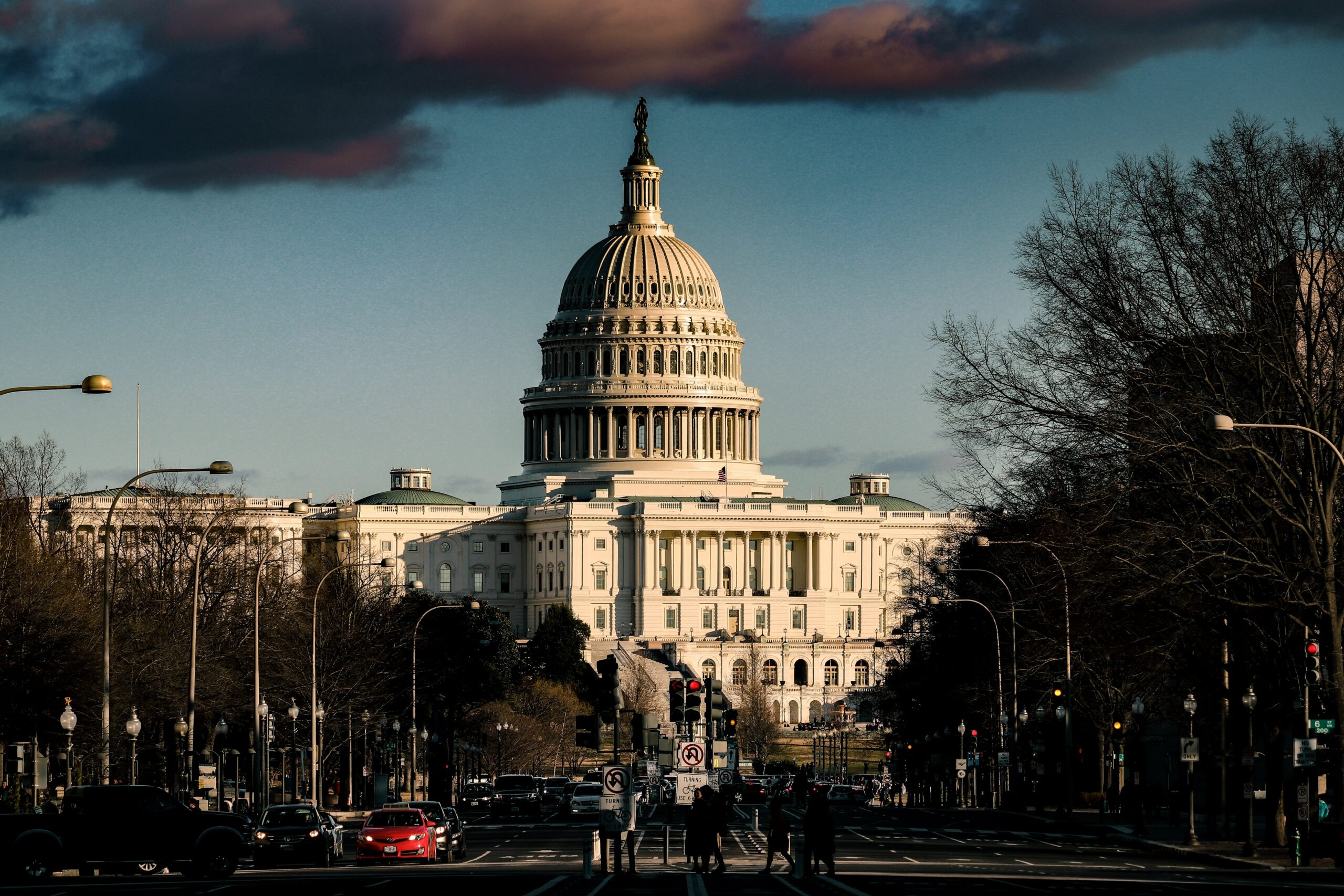We stand at a pivotal moment in our country’s history. Domestically, inflation is forcing Americans to stretch every last dollar to afford to put groceries on the table and fill up their cars. Globally, the United States must contend with Russia’s invasion of Ukraine and the rise of autocratic governments.
In the face of these geopolitical and domestic challenges, we need to ensure that every level of our government is doing its part to support American employers while lowering prices for consumers. This whole-of-government approach is only possible when agencies and departments across the government work together to protect our interests.
Some of our institutions are failing to meet the moment. Government agencies, like the United States International Trade Commission (USITC), are being taken advantage of by bad actors looking to prevent American businesses from competing fairly. During these uncertain times, we must have government agencies aligned with our best interests. It is critical that we increase transparency at agencies like the USITC to prevent this from happening.
When Congress established what would become known as the USITC in the midst of World War I, the agency was given a clear mandate to protect American interests through the safekeeping of the U.S. tariff schedule. Over a century later, the mission and mandate of the USITC has been expanded – through acts of Congress such as the Tariff Act of 1930 – to include the adjudication of intellectual property disputes in an effort to prevent the importation of goods that infringe on American patents.
Armed with this broadened mandate, the USITC now has the authority to prohibit the importation and sale of products that infringe upon a valid United States patent by imposing exclusion orders. This means that the USITC has the power to bar the products of any manufacturer, American or foreign, from entering the United States.
While this clause was created and implemented with the best interests of American businesses and their workers in mind, bad actors known as patent trolls have now turned it on its head. These shell companies do not produce anything or contribute to the economy in any way. Instead, they buy up large amounts of broad patents to harass businesses into paying them large sums of money. Not only do they use these broad patents to sue businesses in traditional courts, these entities are now using the USITC as yet another venue where they can extract ransoms from their victims.
Patent trolling at the USITC is a serious problem that calls for increasing oversight of how the agency operates. This has been an ongoing bipartisan concern and one we both encountered as Chairs of the Senate Finance and House Ways and Means Committees. Due to the gravity and breadth of exclusion orders, these entities are able to use them to coerce large settlements from companies that are not even guilty of infringing upon any patents. This problem has only gotten worse.
For example, in 2020, one Irish-based company sued a dozen high-tech companies at the USITC in order to ban the importation of nearly every smartphone, tablet, and e-reader sold in the United States. Even though the entity did not make any products of its own, it was able to gain standing at the USITC based on the business of the prior patent holder. Given the existential threat of an exclusion order and the outsized leverage it provides to plaintiffs, it’s perhaps unsurprising that the cases settled before going to trial. In the meantime, the targeted companies spent millions of dollars in lawyers’ fees instead of investing in developing new products, growing their operations, or creating new jobs.
In the last year alone, patent trolls accounted for one-fifth of all exclusion order investigations – and there are no signs of this trend slowing. From telecommunications to some of the largest American automobile manufacturers, these misguided exclusion orders are targeting and weighing down critical sectors of our economy. And without requirements to disclose the financial interests funding these cases, trolls continue to operate in the shadows, relentlessly targeting American manufacturers.
The USITC needs to take swift action to prevent this type of gamesmanship from occurring. Forcing these entities and their backers into the sunlight is one good place to start, and the USITC should mandate disclosure of any litigation funding. If nothing else, this would ensure the USITC staff and Commissioners can fulfill their ethical obligations to the public and recuse themselves from cases where there may be a real or perceived conflict of interest. Just as importantly, it provides policymakers insight into who is really backing these suits (ex., sanctioned individuals or hostile governments).
The USITC should also conduct a robust public interest analysis as soon as a petition is filed to determine at the outset whether excluding the goods in question would be in the best interest of the public. This alone would provide a significant disincentive to these entities since they would rarely meet this bar.
A strong patent system is the cornerstone of American innovation, and it must be safeguarded at all costs. During our time in Congress, we worked to modernize our patent system through legislation such as the America Invents Act. We know how important it is to counteract the desperate tactics used by patent trolls seeking a quick profit.
At this critical moment in our history, the need for this reform across every level of government is imperative. Businesses and innovators of all shapes and sizes are counting on Washington to work for them – not the other way around.
Photo credit: “ElevenPhotographs” via Unsplash
